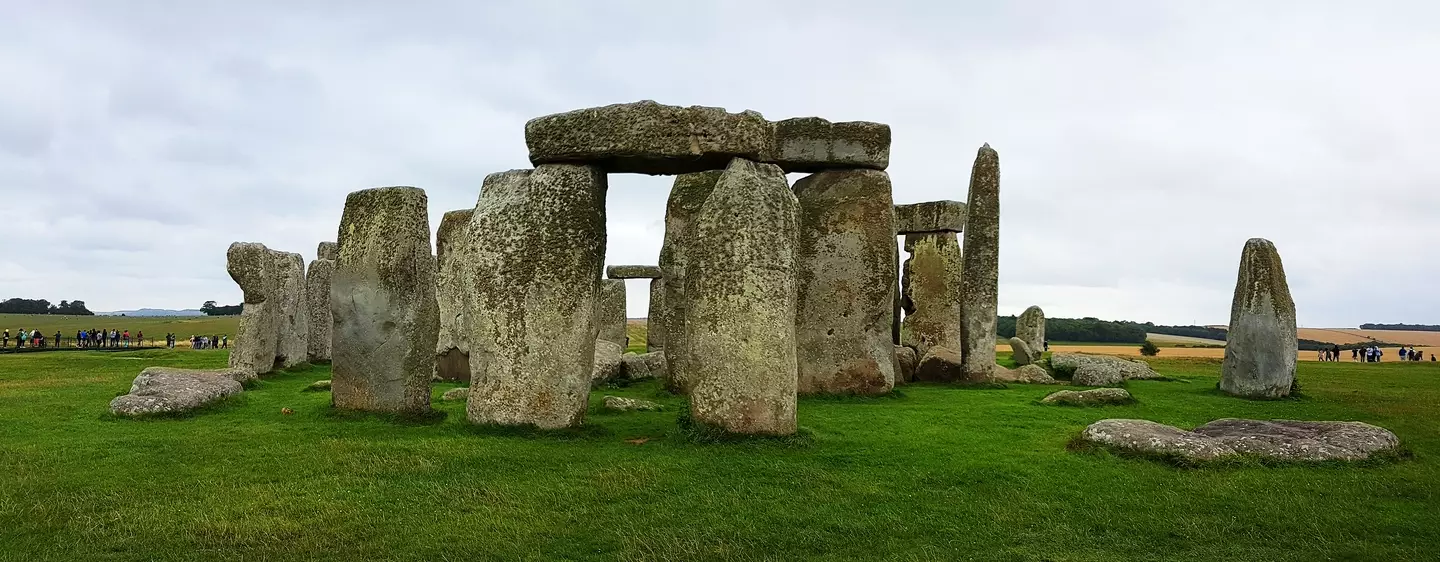
In the social media age we’re never more than a few clicks away from someone sharing a wild new diet that promises greater energy levels, immunity, and God knows what else.
Despite the plethora of YouTubers, Instagrammers and TikTokers espousing the benefits of unconventional diets, health providers maintain that a balanced diet of proteins, vegetables, fruits, carbohydrates, water, and mindfulness calorie-wise is the best option for short and long-term health.
That doesn’t stop swathes of people from giving unusual diets a try, and one that’s built up a lot of momentum over the years is the so-called ‘Paleo’ diet.
The idea behind the Paleo diet is to eat similarly to how our hunter-gatherer ancestors of the Paleolithic period would have eaten, with that covering humans from 2.5 million to 10,000 years ago.
Advert

Generally, it’s about avoiding processed foods and focusing on the following: meats, fish, fruits, vegetables, nuts, seeds. Legumes, dairy, grains and processed foods are on the no-go list for Paleo adherents.
It’s based on a somewhat romantic idea of our ancestors having got it right as far as dieting is concerned.
The ‘natural’ way of things seems to appeal to a certain section of society, despite the fact our ancestors famously didn’t live for very long, died of now-preventable diseases in their droves, and regularly endured fallow periods and food scarcity.
Nevertheless, heightened concerns around processed foods has inspired more interest in the likes of the Paleo diet from a whole foods standpoint, and there’s merit to the diet in spite of its somewhat misguided romanticisation of how our cave-dwelling ancestors subsisted.
Dreams of a meat-eating caveman utopia have taken another heavy blow thanks to a new study that places some groups’ diet closer to veganism than carnivorousness.
Published in the Nature Ecology & Evolution Journal, the study analysed chemical signatures within a Paleolithic group – the Iberomaurusians – and found that the majority of their protein intake must have come from non-animal sources.
The study examined nitrogen and zinc isotopes in tooth enamel, along with collagen which would indicate the levels of meat-consumption in Iberomaurusians.
With a focus on seeing whether carbon isotopes indicating fish or meat consumption appeared in those analyses, the study found that the protein in Iberomaurusian diets were likely plant-based.
“Our analysis showed that these hunter-gatherer groups, they included an important amount of plant matter, wild plants to their diet, which changed our understanding of the diet of pre-agricultural populations,” said Zineb Moubtahij, the lead author of the study.
In studied remains, there were a lot of dental cavities indicating high consumption of ‘fermentable starchy plants’, too.
Klervia Jaouen, one of the study’s co-authors, said ‘high proportion of plants in the diet of a pre-agricultural population’ was unusual and was relatively specific to the studied group of Iberomaurusians.

Jaouen added that this was the first time that isotopic techniques has found a ‘significant plant-based component in a Palaeolithic diet’.
"The study's major conclusions clearly show that the diet of these hunter-gatherers included a significant proportion of plants belonging to Mediterranean species, predating the advent of agriculture in the region by several millennia,” said Moubtahij.
"Archaeobotanical remains found at the site, such as acorns, pine nuts, and wild pulses, further support this notion."
Topics: Health
